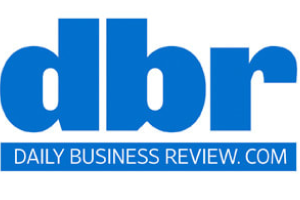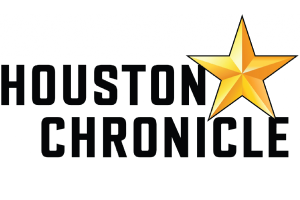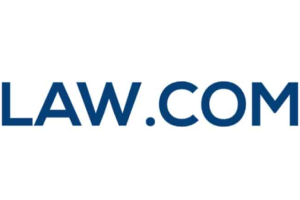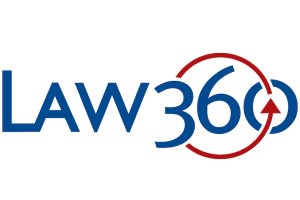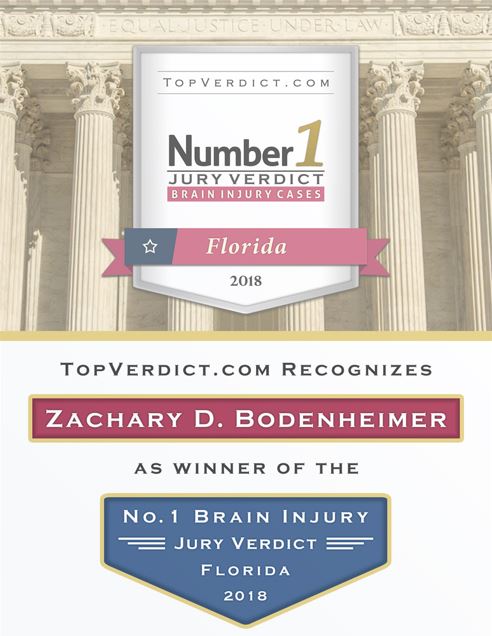- Free Consultation: 305-638-4143 Tap Here to Call Us
When Can You Sue a Property Owner in Florida for Negligence?
If you’ve been injured on someone else’s property in Miami, you may be wondering if you have grounds to sue the property owner for negligence. Florida law requires property owners to maintain safe conditions for visitors, and when they fail to do so, victims may be entitled to compensation for their injuries.
Premises liability cases in Miami, and throughout Florida, focus on whether a property owner upheld their duty of care to visitors. Here’s a closer look at the circumstances under which you can sue a property owner for negligence, including common types of premises liability claims, essential elements for a successful claim, and how to determine if the property owner is responsible for your injuries.
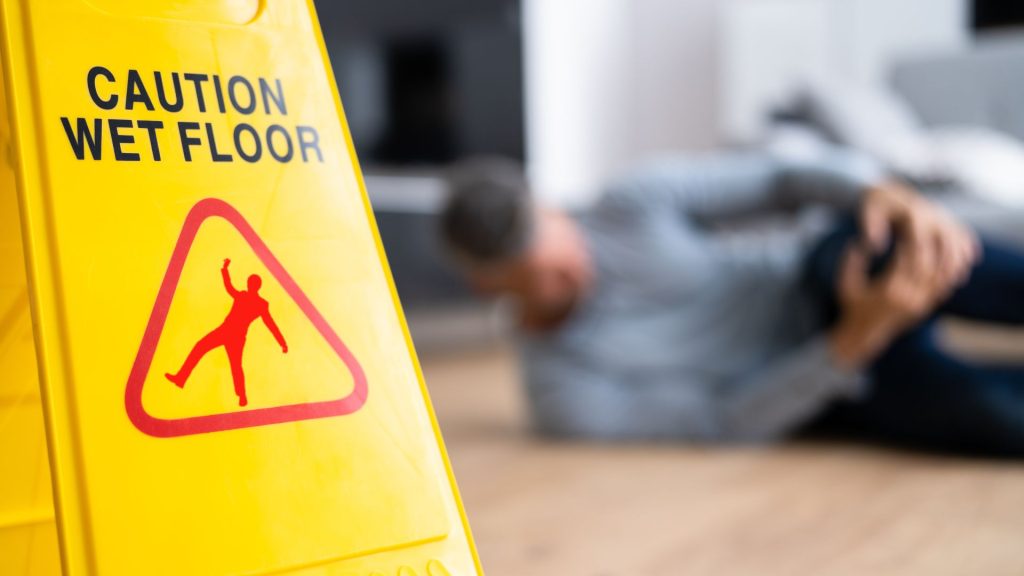
Understanding Premises Liability in Florida
In Florida, premises liability law holds property owners accountable for injuries that occur on their property due to unsafe or hazardous conditions. The duty of care a property owner owes varies based on the status of the visitor:
- Invitees – These are individuals invited onto the property for commercial purposes, such as customers at a store. Property owners owe invitees the highest duty of care, meaning they must regularly inspect the property, fix any hazards, and warn visitors of potential dangers.
- Uninvited Licensees – These are individuals who enter the property for their own reasons, there is no express or implied invitation for them to enter the property. Property owners must warn uninvited licensees of known dangers that are not immediately obvious but are not required to inspect for unknown hazards.
- Trespassers – These are individuals who enter the property without permission. In most cases, property owners owe no duty of care to trespassers, except to avoid intentionally causing them harm.
When Is a Property Owner Liable for Injuries?
To successfully sue a property owner for negligence, you generally must prove three key elements:
- The property owner had a duty of care to ensure the property was reasonably safe for visitors.
- The property owner breached that duty by failing to repair, remove, or warn of a hazard.
- The breach of duty directly caused your injury, resulting in damages, such as medical bills, lost wages, or pain and suffering.
Common Situations Where Property Owners Can Be Sued for Negligence in Florida
Several types of hazards and situations can lead to a property owner’s liability if they fail to act responsibly. Here are some common scenarios:
Slip and Fall Accidents
Slip and fall accidents are among the most frequent premises liability claims. Property owners are responsible for maintaining walkways, stairways, and other common areas to prevent hazardous conditions like wet floors, uneven pavement, or loose carpeting.
If, for example, a grocery store fails to clean up a spilled liquid within a reasonable time frame, and a customer slips and falls, the store could be liable for the injuries sustained. Florida Statute § 768.0755 specifically addresses slip and fall accidents involving transitory substances on business premises, requiring claimants to prove the owner had actual or constructive knowledge of the hazard.
Inadequate Security Leading to Assault
If a property is in an area with a history of criminal activity, property owners may be required to implement adequate security measures to protect visitors. Failure to provide appropriate lighting, secure locks, surveillance, or security personnel could be considered negligent if an assault or theft occurs due to these lapses.
For instance, if someone is assaulted in a poorly lit parking garage, and the property owner was aware of prior similar incidents but did not improve security, they may be liable for resulting injuries under premises liability law.
Dog Bites and Animal Attacks
In Florida, property owners who allow dangerous animals on their property can be held responsible if those animals attack visitors. Florida Statute § 767.04 outlines strict liability for dog owners in cases where their dog bites someone on public or private property, regardless of the animal’s previous behavior. If a property owner knows of a dangerous animal on their property and fails to keep it confined or warn visitors, they can be sued for injuries resulting from an attack.
Swimming Pool Accidents
Swimming pools pose unique risks, especially in Florida, where many properties have them. Property owners are required to follow specific safety regulations, including fencing, alarms, and properly maintained surfaces to prevent drowning accidents and other pool-related injuries. If a property owner fails to install necessary safety barriers or doesn’t address slippery pool decks, they can be held liable for injuries sustained in or around the pool.
Falling Objects or Structural Hazards
Unsafe structures, such as loose fixtures, collapsing balconies, or falling objects, can also lead to a property owner’s liability. Property owners must regularly inspect and repair these hazards to prevent potential harm. For example, if a ceiling fixture in a Miami restaurant falls and injures a customer, the property owner may be responsible if they neglected regular maintenance or ignored signs of damage.
What Damages Can You Recover?
If you can successfully prove that the property owner’s negligence caused your injury, you may be entitled to several types of damages:
- Medical Expenses: Compensation for past and future medical treatment related to the injury.
- Lost Wages: Reimbursement for wages lost due to time off work and potential future lost earning capacity.
- Pain and Suffering: Compensation for physical pain, emotional distress, and mental anguish resulting from the injury.
- Property Damage: Reimbursement for personal property damaged during the accident, such as phones, clothing, or other valuables.
Defenses Property Owners May Use
Property owners may employ several defenses to avoid liability. Understanding these potential defenses can help you and your lawyer counter their arguments:
- Lack of Knowledge: The owner may claim they had no knowledge of the hazard. However, constructive knowledge applies if the hazard existed long enough that the owner should have been aware of it.
- Comparative Negligence: Florida follows a comparative negligence rule (Florida Statute § 768.81), meaning your compensation can be reduced if you are found partially at fault for the accident. For instance, if you ignored a “wet floor” sign and slipped, your recovery might be diminished.
- Open and Obvious Doctrine: Property owners have no duty to warn of open and obvious hazards that a reasonable person could avoid. However, this doctrine has limits, and property owners are still expected to take reasonable precautions to prevent dangerous conditions from existing on their property.
- Trespassing: Generally, property owners owe no duty of care to trespassers, except to avoid intentional harm. However, if the trespasser is a child and the property contains an attractive nuisance (such as an unfenced pool), the property owner may still be liable.
Steps to Take if You’re Injured on Someone Else’s Property
If you’ve been injured on a property in Miami due to potential negligence, taking the following steps can help protect your right to seek compensation:
- Seek Medical Attention: Your health and safety come first. Prompt medical attention can prevent complications and document the severity of your injuries.
- Report the Incident: Notify the property owner or manager of the accident. This creates an official record and may prompt them to fix the hazard.
- Document the Scene: Take photos or videos of the hazard, your injuries, and any surroundings that might be relevant to your case.
- Get Contact Information: Collect names and contact information from any witnesses who saw the accident or are familiar with the hazard.
- Consult with a Personal Injury Lawyer: An experienced Miami personal injury lawyer can evaluate your case, gather evidence, and guide you through the legal process.
Protecting Your Rights After a Property Injury in Miami, Florida
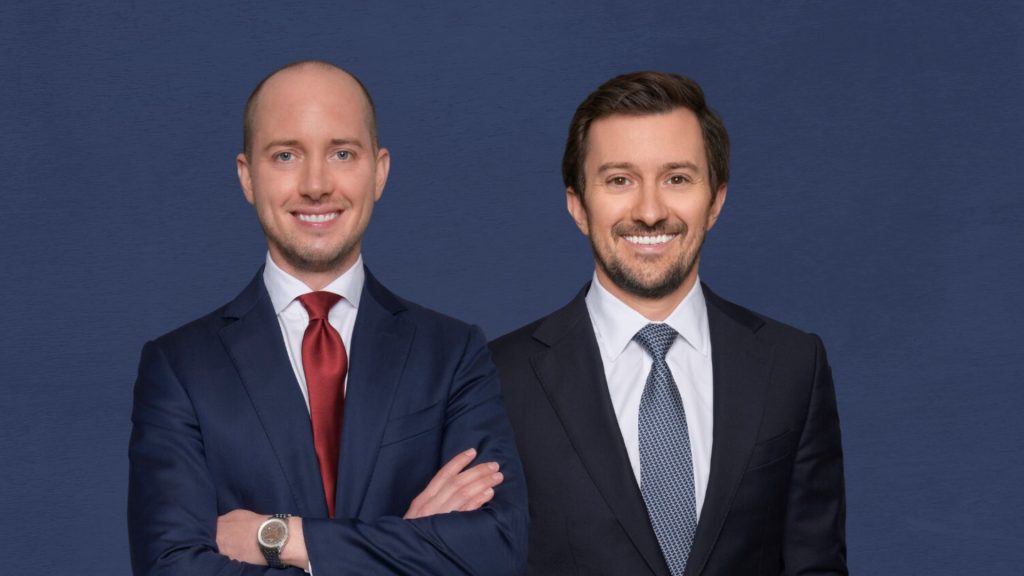
Knowing when you can sue a property owner in Miami for negligence can be challenging, but understanding the principles of premises liability law and your rights as an injured party is crucial. If you believe a property owner’s negligence caused your injury, consult with a qualified Miami personal injury lawyer to explore your options.
At Flanagan & Bodenheimer, we have extensive experience handling premises liability cases and understand the complexities of Florida’s laws. We are dedicated to helping injured individuals in Miami seek justice and obtain fair compensation for their losses.
Contact us today at 305-638-4143 for a free consultation in English or Spanish.








